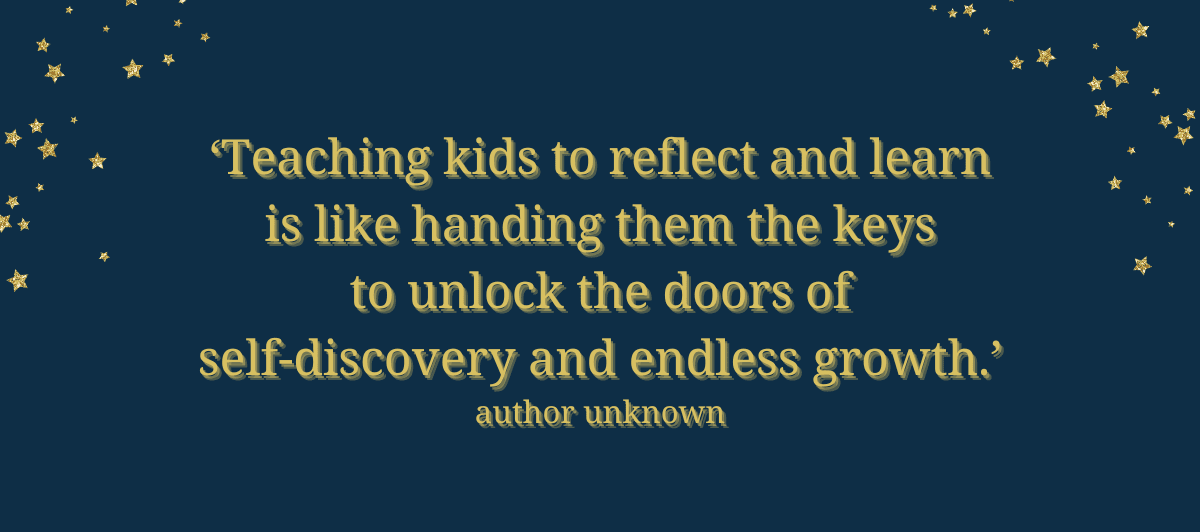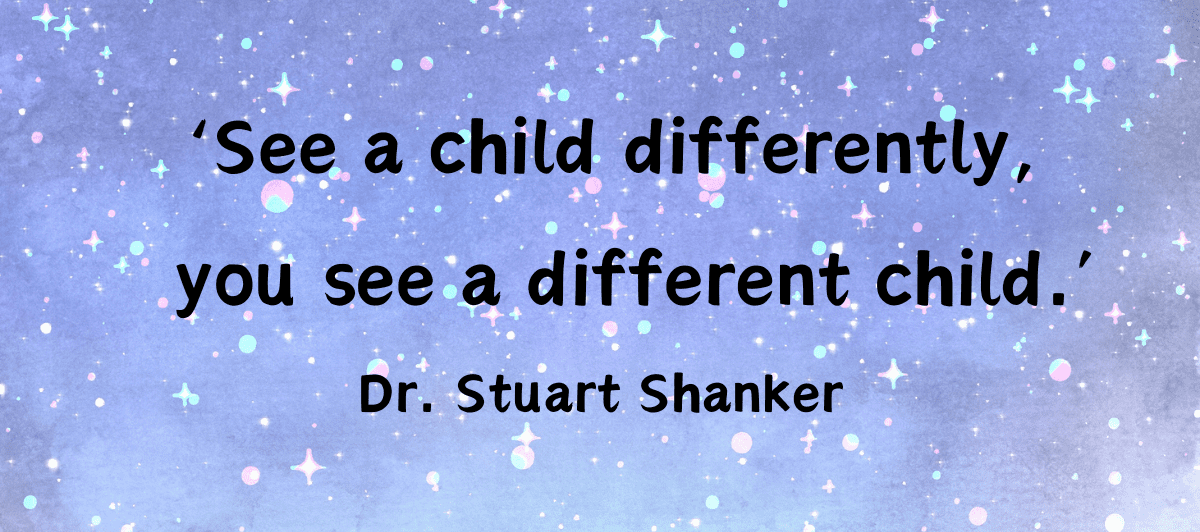
How to Help Kids When They Act Out
Sometimes kids act out without being mindful of their words and actions, which may result in misunderstandings. And when that happens it can be embarrassing and frustrating, not only for us, but also for them.
How we help kids when they act out, is what matters.
Below are strategies I use with my son:
1. Encourage reflection: Prompt your child to reflect on their actions and consider how they could have handled the situation differently. Encourage them to think about the impact of their words and actions on themselves and others.
2. Cultivate empathy: Help your child consider the feelings of others by prompting them to reflect on how their actions might affect others. Ask them to reflect how they think their actions may impact others and encourage them to consider the feelings of others. Acknowledge and praise children when they demonstrate thoughtfulness and mindfulness in their words and actions.
3. Teach problem-solving skills: Help your child develop problem-solving skills by discussing different ways to approach situations and brainstorming possible solutions together. Encourage them to think about potential consequences before acting.
4. Promote self-compassion: It’s natural to feel guilt and sadness after mistreating someone, even if it was unintentional. Guide your child to apologize, forgive themselves and focus on the lessons learned. Teach them to be kind to themselves when they mess up.
This is what I know: Establishing a nurturing environment when kids act out fosters an atmosphere where children feel safe to share their thoughts and emotions and where they feel supported in their efforts to learn and grow.


